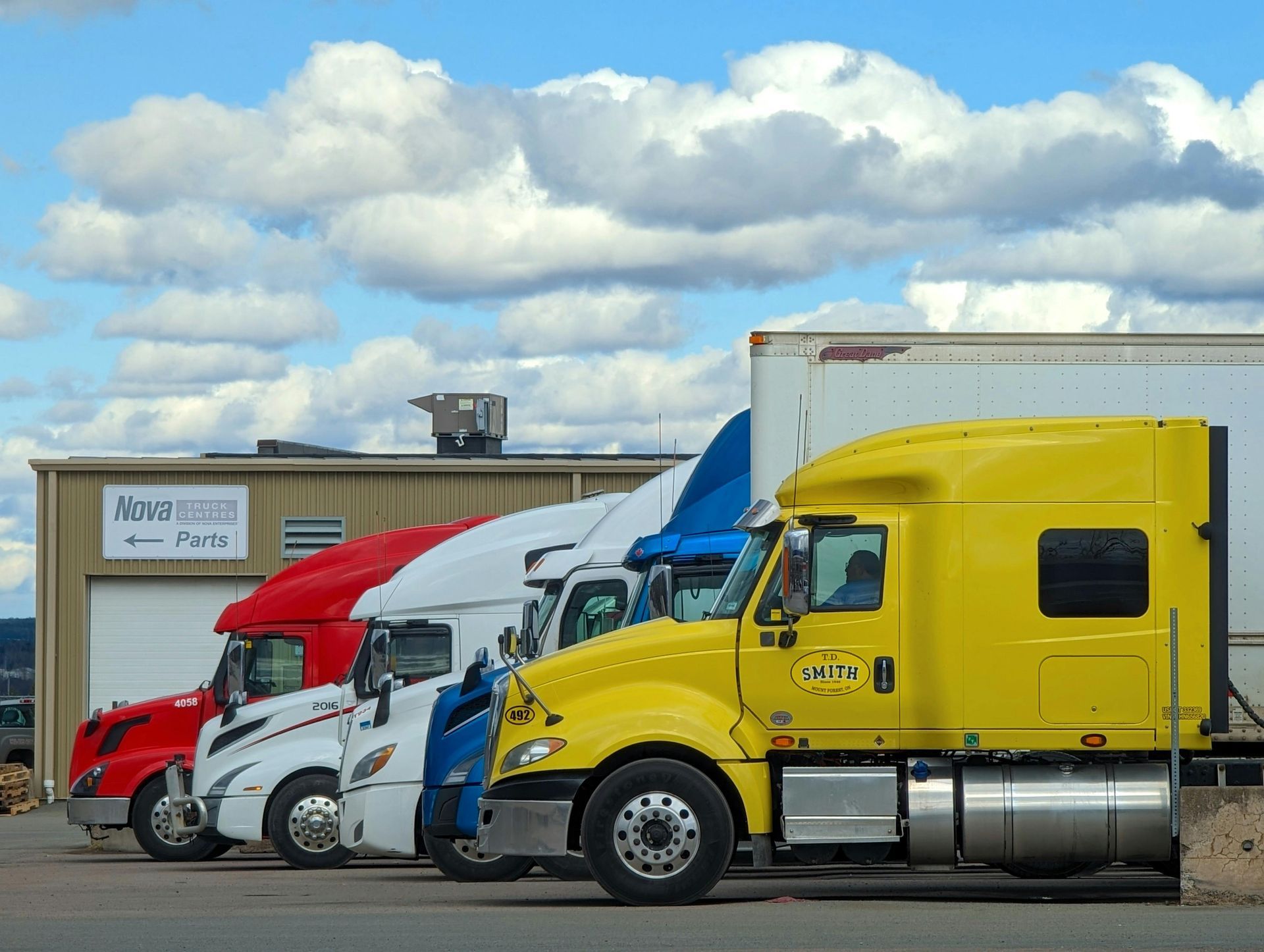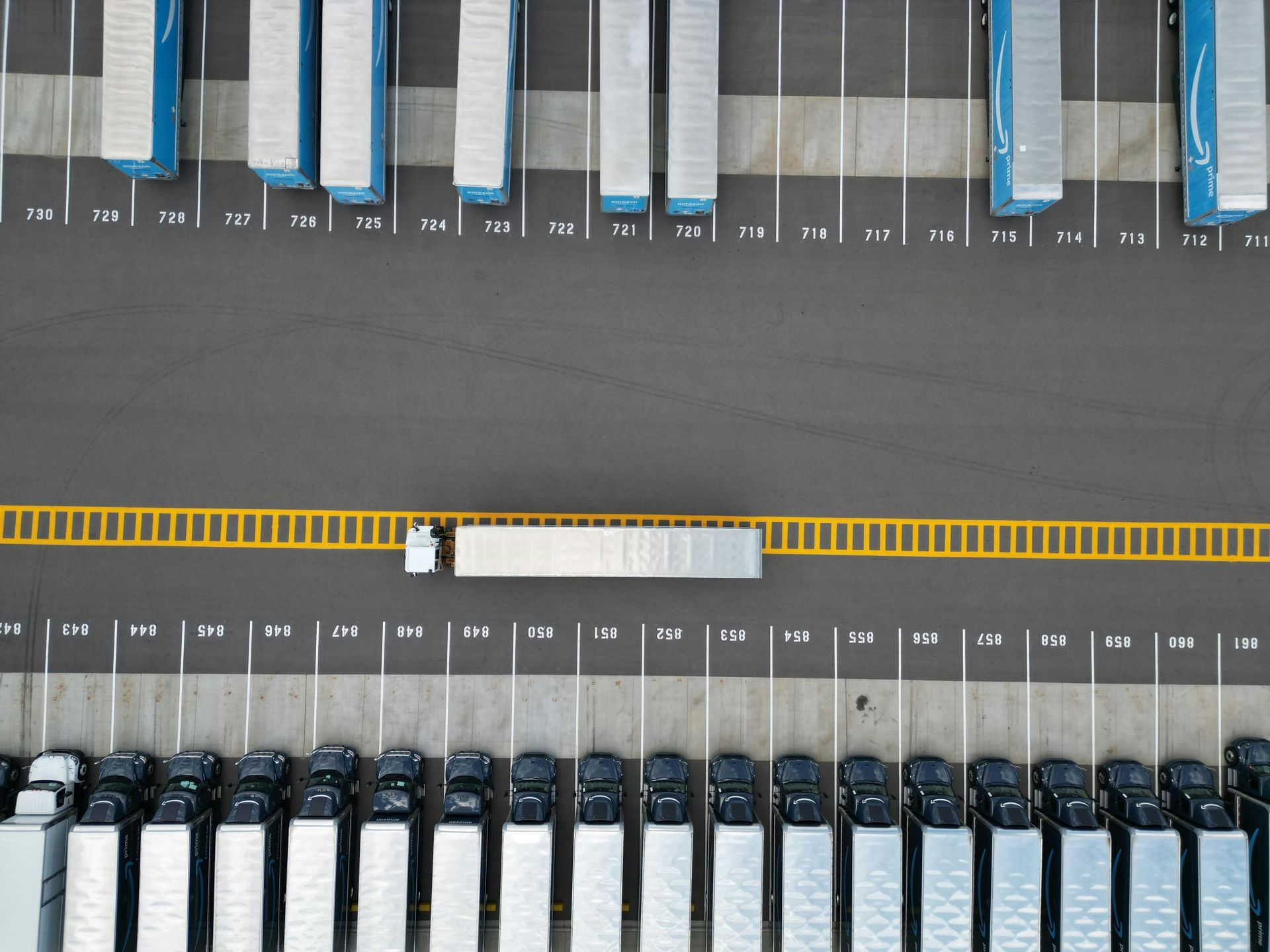CRA Audits and Truckers: What to Expect and How to Be Prepared

If the words “CRA audit” make your stomach drop, you’re not alone. For truckers, it’s one of those things that always feels like it’s lurking around the corner—especially if you’re claiming a lot of expenses, driving across provinces, or filing without professional help.
But here’s the truth: getting audited doesn’t automatically mean you did something wrong. The Canada Revenue Agency (CRA) conducts thousands of audits every year, and truckers, being self-employed and often cash-flow heavy, tend to land in the hot seat more often than others.
So, what does an audit actually look like? What triggers it? And most importantly, how do you make sure you’re ready—without losing your mind in the process?
Let’s break it down.
Why Truckers Are Often Flagged by the CRA
As an owner-operator or self-employed driver, your tax return can raise more red flags than a company employee’s. The CRA is keeping an eye out for:
- High write-offs compared to income
- Large vehicle or fuel claims
- Inconsistent or missing income records
- Home office deductions
- Claims without receipts or documentation
Trucking businesses have unique tax profiles—big swings in income, complex deductions, and cross-border activity. And that’s exactly why the CRA scrutinizes them a bit more closely.
What a CRA Audit Looks Like for Truckers
Let’s say you receive a notice from the CRA. What happens next? Here's the usual audit flow:
1. Initial Notice
You’ll receive a letter (or sometimes a phone call) stating that your return is being reviewed. It’ll outline the year(s) being audited and list the specific areas they want to examine—typically mileage logs, fuel expenses, meals, repairs, or your overall income.
2. Document Request
The CRA will ask you to provide documentation. This could include:
- Fuel receipts
- Maintenance invoices
- Trip logs and mileage records
- Bills of lading
- Proof of income (invoices, deposits)
- Bank statements
- Home office expense details (if claimed)
You usually have about 30 days to respond. Miss that deadline? Things can get serious fast.
3. Review and Assessment
The CRA agent will review the materials you provide. If everything checks out, they’ll close the audit. If they find discrepancies—missing documentation, personal expenses claimed for business, or unreported income—you may owe additional tax, interest, or even penalties.
4. Results
You’ll get a summary of findings. If adjustments are made, you’ll see a new Notice of Reassessment. You can appeal if you disagree, but you’ll need strong documentation and a clear case.
Red Flags That Can Trigger an Audit
While audits can be random, certain patterns make truckers more likely targets. Here are some common triggers:
Large Fuel Claims Without Mileage Logs
Claiming thousands in fuel deductions without consistent trip logs or odometer readings raises eyebrows. The CRA wants to see distance traveled matches fuel purchased.
Excessive Meals and Lodging
The CRA knows what’s typical for truckers on the road. If you’re over-claiming meals or trying to deduct hotel stays during times you should’ve been home, expect questions.
Inconsistent Income Year to Year
Big swings in reported income without a solid explanation—like equipment upgrades or major downtime—can prompt a closer look.
No Business Bank Account
Mixing personal and business funds leads to messy bookkeeping. The CRA might suspect you're underreporting income or over-claiming expenses.
Home Office Deductions
These are tricky. If you’re trying to claim a portion of your rent, hydro, or internet, you’ll need clear proof the space is used exclusively for business.
How to Stay Audit-Ready Year-Round
Here’s the good news: with a few solid habits, you can make audits way less stressful—or avoid them altogether.
Keep All Receipts
Fuel, repairs, meals, load board fees—if you’re claiming it, document it. Use an app to snap and store receipts instantly so they don’t fade or get lost.
Maintain a Mileage Log
Apps like TripLog or MileIQ can automatically track your miles, or you can do it manually with a notebook. Record start and end odometer readings for each trip, dates, destinations, and purpose of travel.
Separate Personal and Business Finances
Open a dedicated business account and use it exclusively for your trucking income and expenses. This makes it way easier to track everything and defend your deductions.
Use Accounting Software
Cloud-based systems like QuickBooks or Xero help you keep clean records and produce reports the CRA will love. If you work with a bookkeeper or accountant, even better—they’ll ensure everything’s done by the book.
Don’t Stretch the Truth
Tempted to throw in a few extra deductions to boost your refund? It’s not worth it. The CRA has algorithms that catch inconsistencies, and the penalties aren’t pretty. Be honest. Be accurate.
Real-Life Case: When Receipts Saved the Day
One of our clients, a long-haul driver from Alberta, was audited for a two-year period after claiming over $45,000 in fuel deductions and $12,000 in repairs. The CRA requested trip logs and receipts. Fortunately, he’d been using a scanner app to save everything and worked with Truckers Pro CPA to keep his books tight all year.
Result? The CRA agent confirmed the numbers, made zero changes, and closed the audit without adjustments. Because he had his ducks in a row, the whole process was quick, clean, and painless.
How Truckers Pro CPA Helps You Stay Ready
We get it—audits are stressful, especially when you're managing your business solo. That’s why we don’t just step in when things go wrong. We help truckers:
- Keep clean, CRA-compliant books year-round
- Organize receipts and documents the right way
- Navigate audit requests step-by-step
- Respond professionally to CRA notices
- Avoid red flags before they happen
Whether you’ve received an audit letter or just want to sleep easier at night, we’ve got your back.
Popular Posts

Marcel Coviciu
Marcel began his career working in operation and management for a major tire manufacturer. Then he transitioned into trucking, running his own business for 15 years and ultimately working his way through accounting school. Fascinated with the way logistics and financial management impact the profitability of businesses, Marcel loves sharing his expertise with other truckers.















